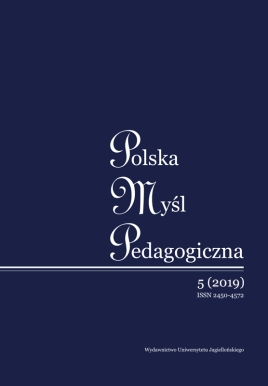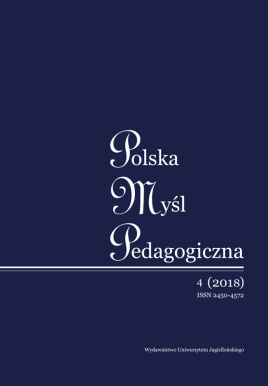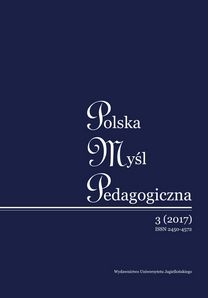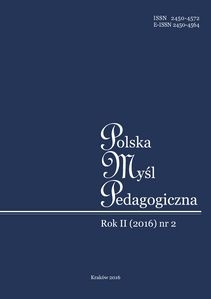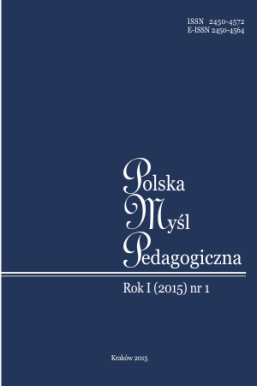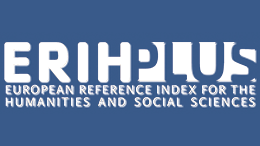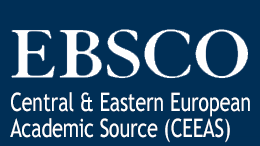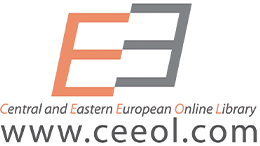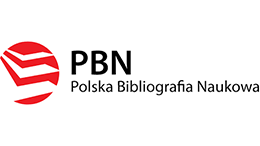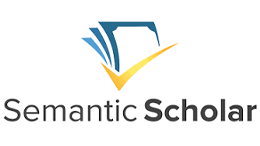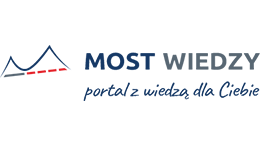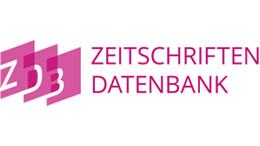The article attempts to define pedagogical conservatism in the perspective of philosophical anthropology, and the thesis on the relationship of man to God, in particular. It consists of four parts. In the opening part of the analysis (Introduction), in reference to the thought of Chantal Delsol, the emphasis is placed on the cultural determinants for conservative pedagogy. The problem of theocentrism of anthropology as a factor qualifying pedagogy as conservativ contemporary pedagogy due to the social perception of the very relationship between man and God as problematic. Therefore, the following issues are discussed: the influence of philosophy on the perception of the idea of God in recent centuries, the decline of metaphysical thinking in contemporary people and today’s growth of religious indifferentism, also in Poland. In the next two parts, the author attempts to reveal the essence of anthropological theocentrism and its pedagogical significance. The analyses are based on the texts of Andrzej Maryniarczyk, one of the co-founders of the Polish School of Classical Philosophy. The considerations are inspired by the following two questions: does theocentric anthropology imply the Christianness (e.g. catholicity) of pedagogy?; what is its role in revealing humanistic values which are threatened by contemporary cultural changes? Above all, the considerations focus on justification that theocentrism of anthropology comes from metaphysics, from its theism. Moreover, it is indicated that theocentrism does not have to be applied only to Christian pedagogy or it does not authorize the substitution of faith for philosophy. Ultimately, the article explains why it is crucial to pedagogy to recognize the value of human beings and cultural spaces at risk of degradation. In this article the anthropocentric approach, which is dominant in humanistic reflection, is presented as opposed to the theocentric one. It shows that theocentrism frees pedagogy from the rescaling of human possibilities, which is typical of anthropocentrism, that it protects the subjectivity of the human person and allows the idea of progress to be re-associated with personal improvement. Since this theocentric approach in contemporary humanities is rare, the authors of the article leave the reader with an open question whether it can be treated as a determinant of the conservatism of contemporary pedagogy. At the same time, they show that it positively paves the way to the protection (preservation, conservare) of pedagogical activities aimed at cultivating the human spirit (animae cultura) and achieving the optimum potentiae state by man, according to the tradition of classical philosophy. In the authors’ view, theocentrism in anthropological and humanistic reflection always refers to metaphysics, therefore the authors also call for its restoration (conservation, conservare) as a reference point for pedagogy. Culture, as measured by the standard of anthropocentrism, has today become a threat to values of humanism. Pedagogy, if it intends to interact in halting this process, may take care of the formation of metaphysical skills, which means that pedagogy will do so by bringing the theory of being back to the educational programme and emphasizing the value of the contemplative presence of man in the world (wisdom). According to the authors, if oriented in this way, pedagogy would bear the marks of conservatism.

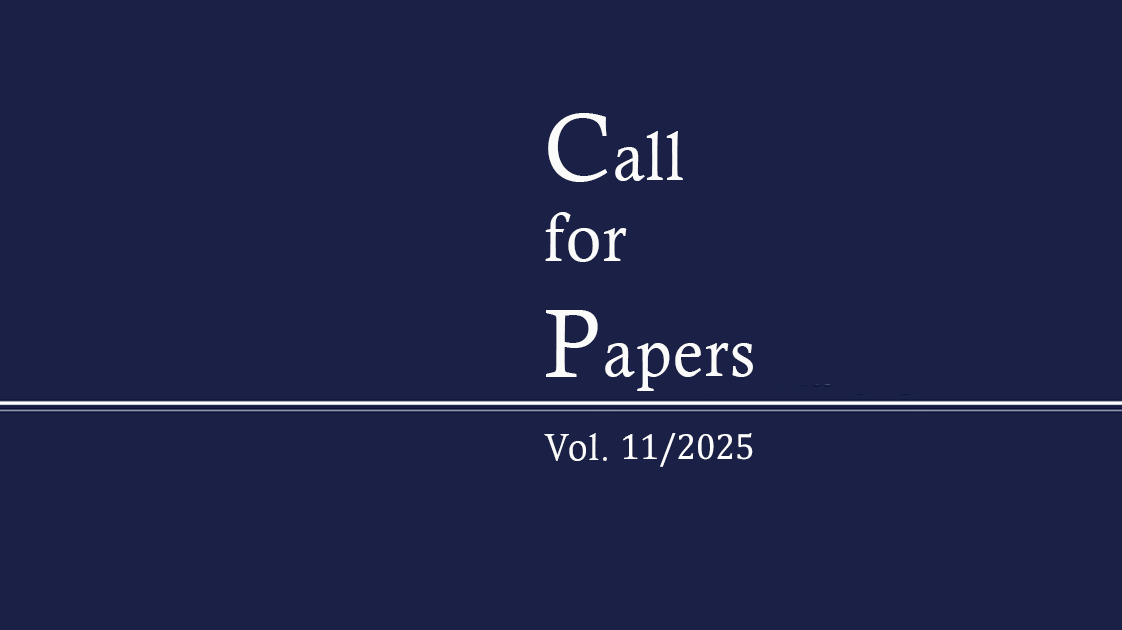
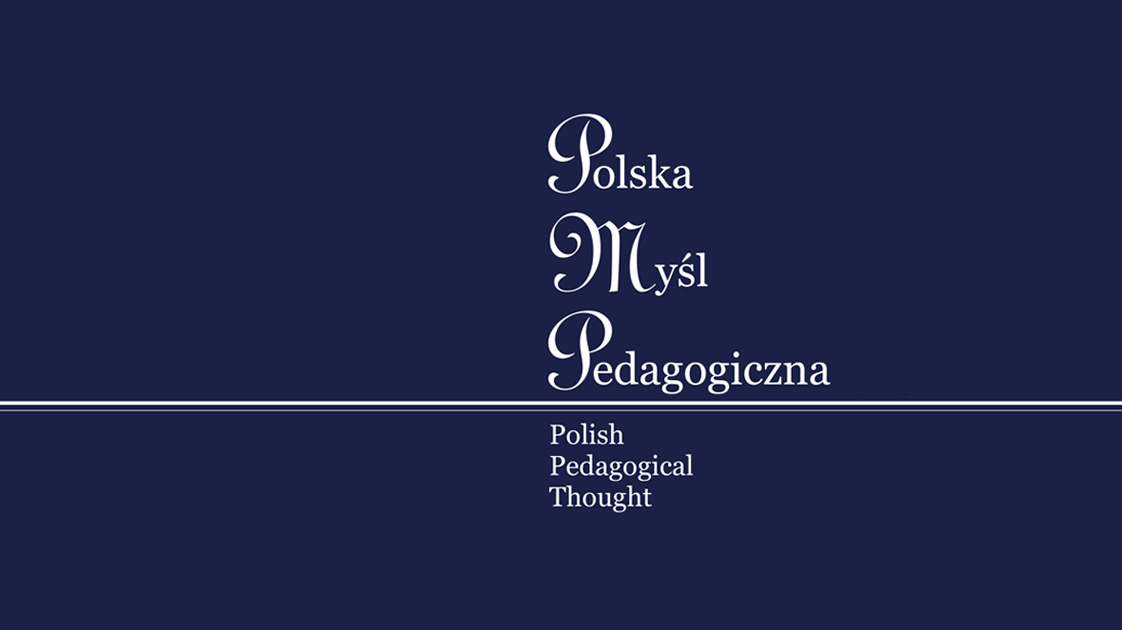
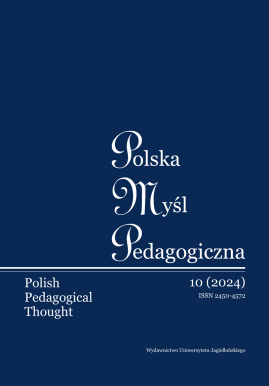



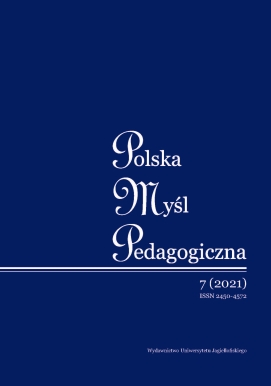
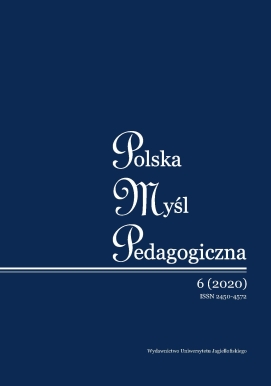
.jpg)
